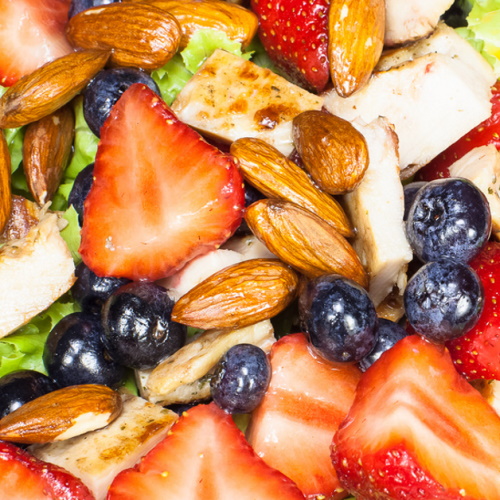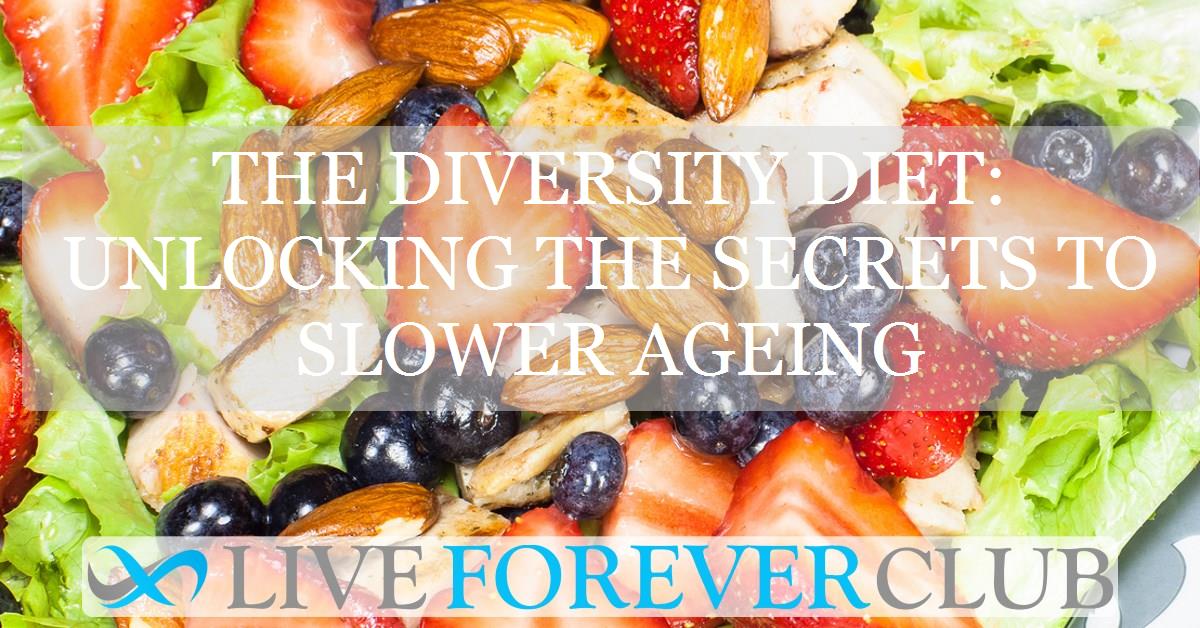Key points from article :
A recent analysis of over 22,000 individuals from the National Health and Nutrition Examination Survey (NHANES) highlights a significant link between dietary diversity and slower biological ageing. Unlike chronological age, biological age—estimated using biomarkers like blood pressure, cholesterol, and inflammation indicators—provides a more accurate measure of overall health and risk for age-related diseases.
Researchers evaluated dietary habits using the Dietary Diversity Score (DDS), which tracks the variety of foods consumed across five main food groups. Higher DDS values, reflecting broader nutritional intake, were associated with reduced biological age and slower ageing-related changes. These findings remained consistent even after accounting for factors like lifestyle, demographic variables, and pre-existing health conditions.
The study suggests that the benefits of a diverse diet may stem from its rich antioxidant and anti-inflammatory compounds, which combat oxidative stress and inflammation—key contributors to ageing. Increased dietary diversity was also linked to higher levels of serum klotho, a protein with anti-ageing properties, and reduced markers of inflammation such as white blood cell count. While the results are promising and align with prior research on dietary impacts, the observational nature of the study limits conclusions about causation.
Overall, the research underscores the importance of promoting varied diets for healthier, slower ageing and broad public health benefits. However, further investigation is needed to uncover the precise biological mechanisms at play.






